Bern says yes to nuclear power plant
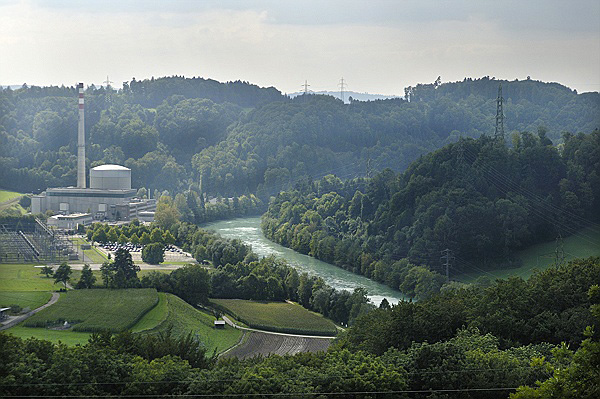
The people of canton Bern have voted in favour of building a new nuclear power plant in Mühleberg to replace the old one there.
Also on Sunday, voters in canton Nidwalden reiterated their lack of interest in hosting a nuclear waste repository in Wellenberg.
Though non-binding, Sunday’s ballot box results show that nuclear technology remains controversial in Switzerland.
In canton Bern, 51.2 per cent of voters said yes to building a new reactor in Mühleberg. However, in the city of Bern, more than 65 per cent of voters were against Mühleberg II. Overall, 51.7 per cent of the canton’s eligible voters took part in Sunday’s consultative ballot.
Switzerland’s nuclear reactors are ageing, which means that the nation needs new sources of energy if it is to keep up with the demand for electricity.
Right now, five nuclear reactors generate about 40 per cent of the country’s power – but starting in 2019, some will have to be retired. The oldest one, Beznau I in canton Aargau, came into service in 1969.
In December 2010, three electricity companies (Axpo, Alpiq and BKW/FMB) agreed to apply for two new nuclear stations to be built.
Mühleberg, just outside the capital, is one if the three sites being considered. The others are Gösgen and Beznau in northern Switzerland. All three towns already host nuclear power plants.
Although the “yes” votes had just a slim margin over the “no” votes (188,193 to 179,279), the power companies seemed satisfied with the results.
“It is a positive signal for nuclear power and a healthy mix of energy sources,” Axpo spokeswoman Daniela Biedermann told the Swiss News Agency.
However, she also pointed out that the vote would have no direct influence in determining the location of a new power plant.
Meanwhile, Roland Näf, president of the Bern branch of the centre-left Social Democrats, was pleased that so many voted against the Mühleberg II project.
“We can be happy that support for atomic energy is crumbling,” Näf told the Swiss News Agency.
Storage struggle
Another aspect of nuclear energy is the waste it generates. Discussions about where to store the radioactive waste have been nearly as controversial as those about the location of the power plants themselves.
On Sunday, citizens of canton Nidwalden voted 11,602 to 2,948 against government proposals to build an underground nuclear waste repository in Wellenberg. About half of the people eligible to vote actually did so.
This was the fourth time that the people of Nidwalden had the opportunity to vote on the prospect of storing radioactive waste in the area between Stans and Engelberg.
This latest vote was intended to send a message to Bern; it will not prevent Wellenberg from becoming host to a repository.
Yet regardless of the vote results, it seems unlikely that the Nidwalden site will be chosen to store even low or intermediate level radioactive waste.
According to evaluations carried out by National Cooperative for the Disposal of Radioactive Waste (Nagra), Wellenberg is probably the least suitable of the six proposed sites.
In 2008 Nagra announced its shortlist of potential storage regions. In addition to canton Nidwalden, the other cantons involved are Aargau, Obwalden, Schaffhausen, Solothurn, Thurgau and Zurich.
Final adoption of two sites is not expected until 2017 at the earliest.
Atom-splitting in Switzerland
Swiss voters first accepted a constitutional article on nuclear power in 1957. The nation’s five power plants went online between 1969 and 1984.
During the 1970s, nuclear power became controversial. Yet Swiss voters rejected demands to end its use three times between 1979 and 1984.
In 1990, voters approved a ten-year moratorium on the construction of new nuclear power facilities. In 1998, the government decided that Swiss nuclear plants should be shut down.
But in 2000, Switzerland’s new CO2 law gave nuclear power, perceived by some as a clean source of energy, a second wind. Three years later voters rejected a new moratorium and the alternative of abandoning nuclear power. In 2005, the new nuclear energy law confirmed that atomic energy is an option.
In February 2007, the cabinet decided to replace existing nuclear power plants and build gas plants to avoid an energy shortfall.
Switzerland has five nuclear power reactors which generate about 40% of the country’s electricity.
Hydro-electric power makes up the bulk of the rest, while about 3% comes from other sources.
Solar, wind, bio-fuel and biogas account for about 2% of electricity production, according to the Federal Energy Office.
The five nuclear power plants gradually went into service between 1969 and 1984 and have an unlimited duration operating licence.
The operators say the lifespan of the stations runs out between 2019 and 2034.
Spent fuel rods were sent to France and Britain for reprocessing until 2006 when a ten-year moratorium came into force.
The authorities currently examine sites for the construction of nuclear waste disposals to be built by 2020.
A proposal for a low and intermediate waste repository in central Switzerland was blocked by referendums in 1995 and 2002.
In 1990 voters approved a ten-year moratorium for the construction of new nuclear power plants.
In 2003 – three years after the end of the freeze – the electorate rejected an extension or a definite withdrawal from nuclear energy programmes.
In 1969 an experimental power reactor in an underground cavern was sealed and written off following a core meltdown in 1966.

In compliance with the JTI standards
More: SWI swissinfo.ch certified by the Journalism Trust Initiative
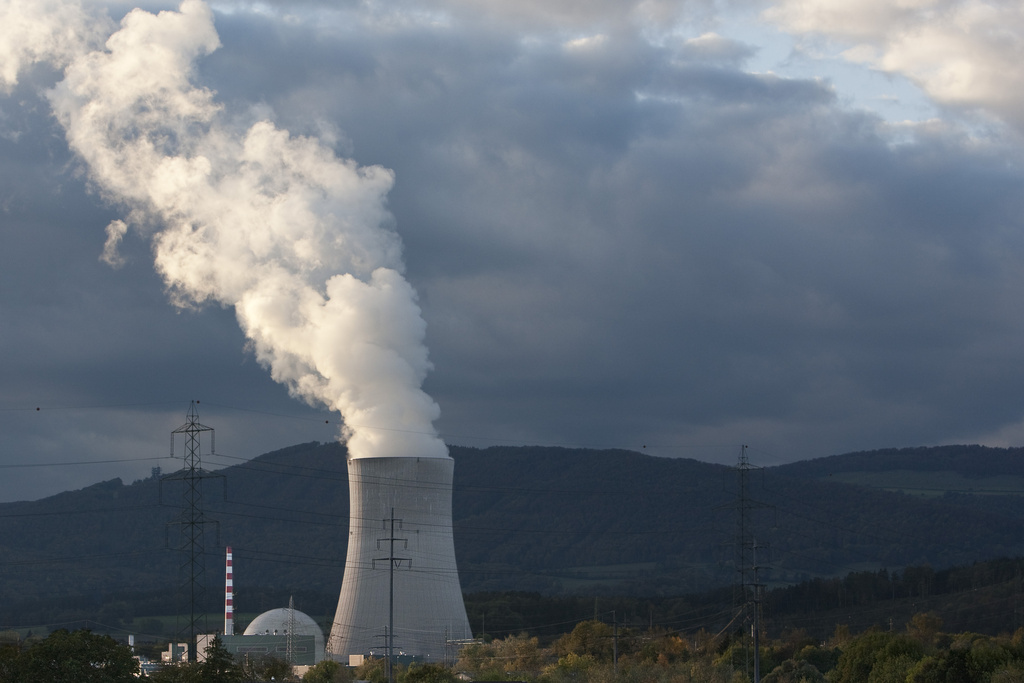
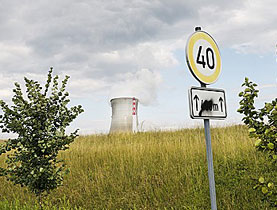
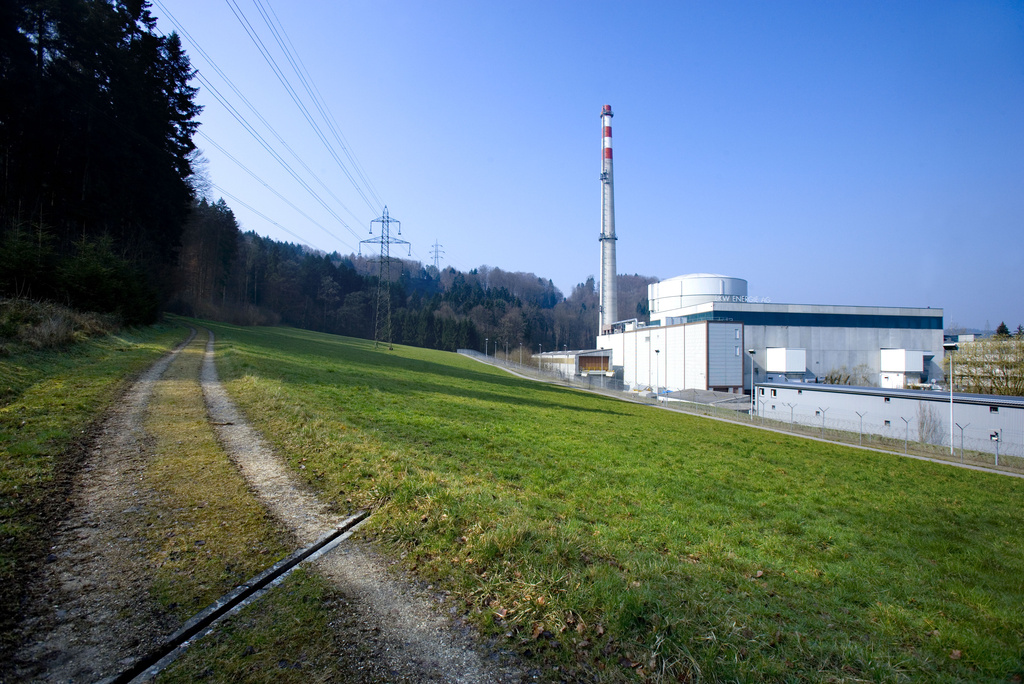
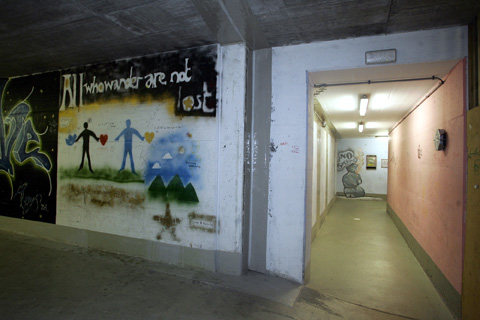
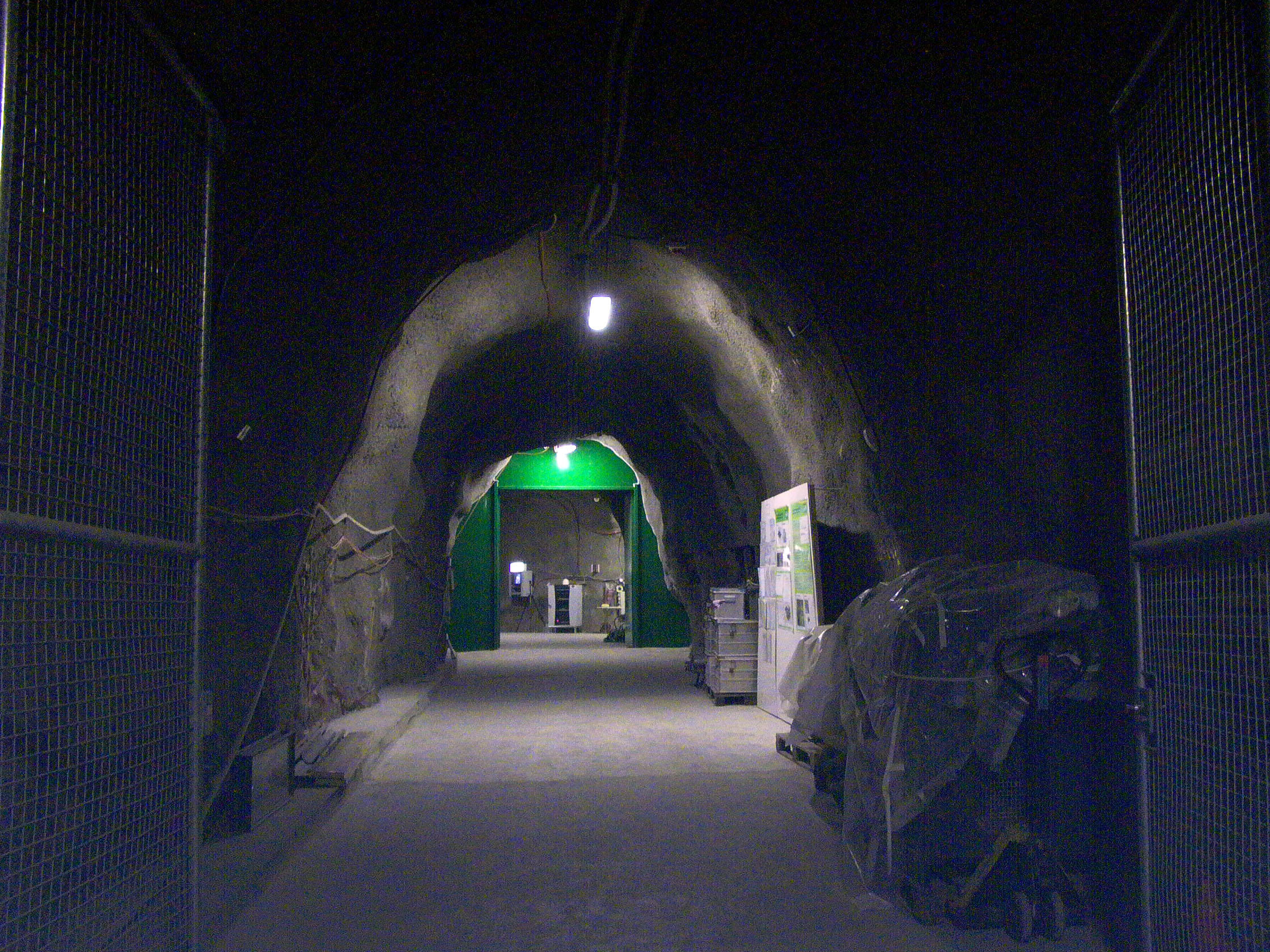
You can find an overview of ongoing debates with our journalists here. Please join us!
If you want to start a conversation about a topic raised in this article or want to report factual errors, email us at english@swissinfo.ch.